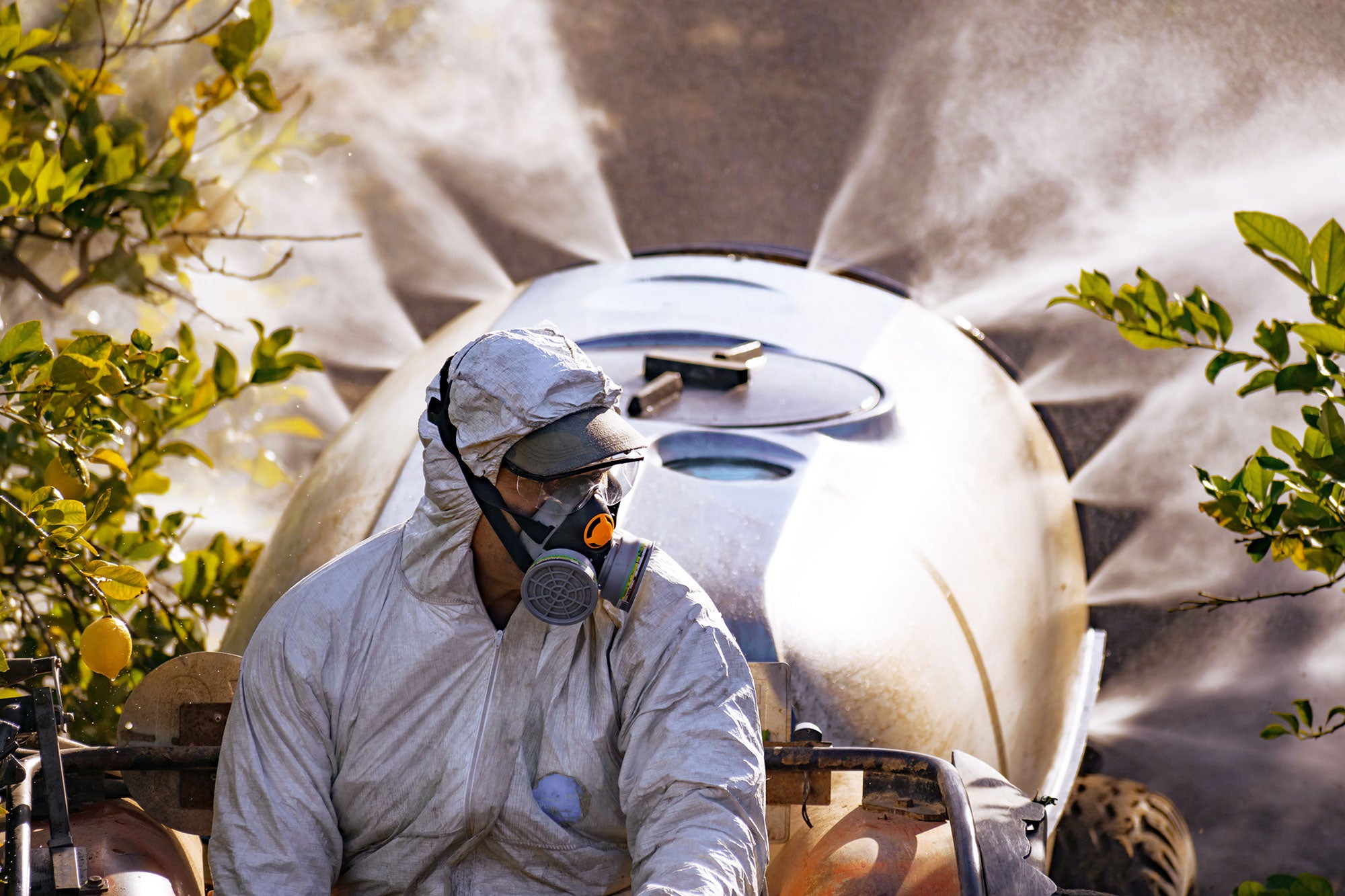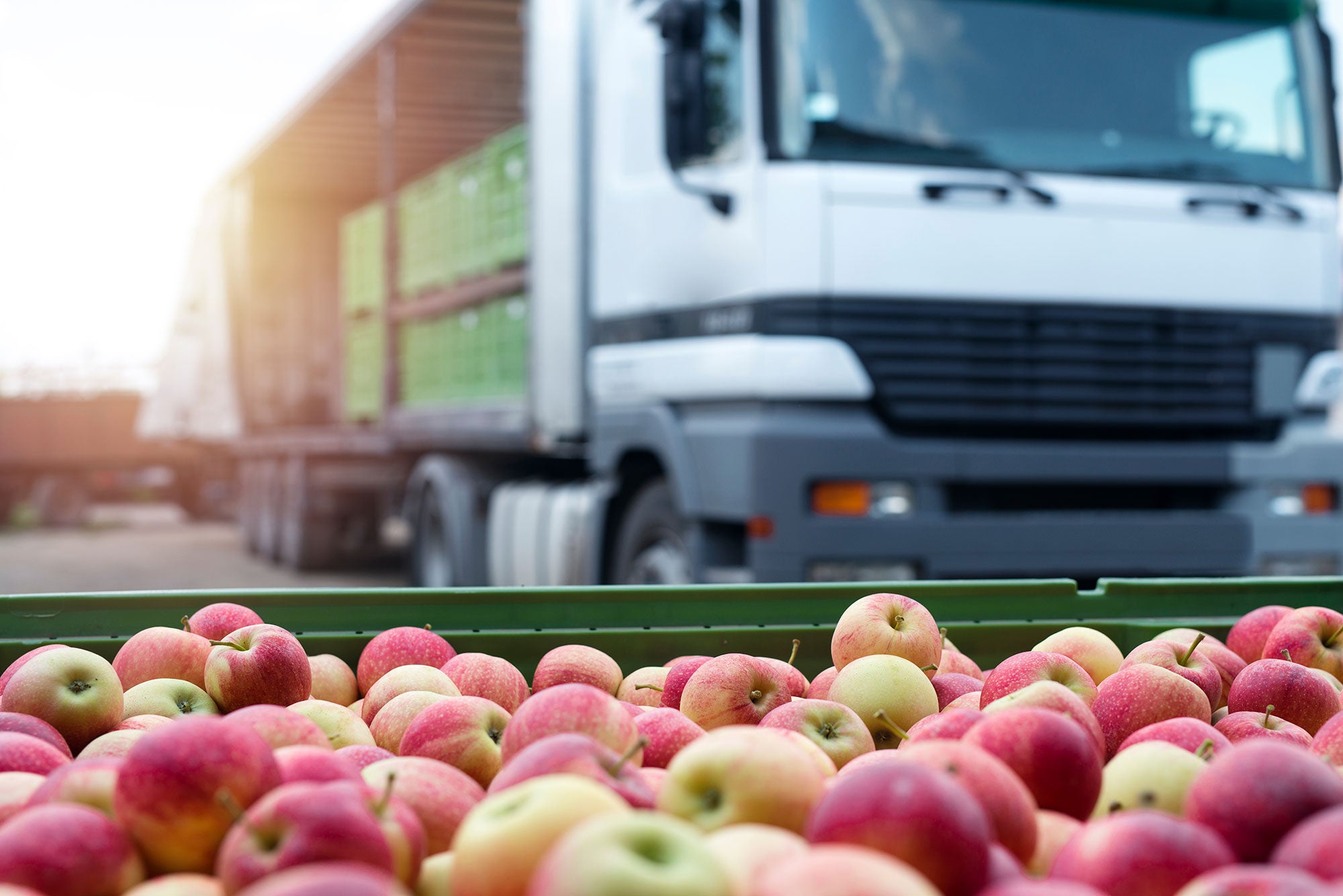Lots of people like to pit organic and conventional agriculture against each other. There’s a lot of misconceptions about both organic farming and conventional farming, and this can lead to a lot of tension between them — and a lot of tension in the eyes of the public. But is ag really always organic versus conventional?
Some people think that organic food is healthier, more nutritious, and overall better for you and the environment. Some claims about conventional agriculture are that it’s bad for the environment, uses too many chemicals, and is made up of “factory farms.”
Let’s set the facts straight. Organic foods make up only about 5.5 percent of total food sales, and there are vocal niches that argue that organic food is better than conventional food. While some of the claims about organic and conventional farming can be generalized, many of the claims about them are simply not true.

To be certified organic, a farm or handling facility needs to comply with federal organic regulations. Organic farms use natural (cultural, biological, and mechanical) practices, materials, and processes on their farms and ranches. Organic has limits on the types of pesticides that can be used, promotes practices like crop rotation, can’t use genetically engineered plants, seeds, or animals, allows livestock to graze freely, avoids using antibiotics and growth hormones in livestock, gives animals organic feed, and more. Conventional farming relies more on new technologies like antibiotics, genetic engineering, and pesticides with new modes of action.
This doesn’t mean that all conventional farms use all of these technologies, they simply have the options available to employ them.
While there is a difference in how organic and conventional farming are practiced, there is little to no difference in the end product. Studies have found that there’s no overall difference in nutrition between organic and conventional food. Both organic and conventional ag prioritize caring for the environment, they just use different methods. You can’t say that one method is better than another when considering sustainability.
There are differences in other ways, but it’s hard to generalize. Some that do get talked about though, is that conventional ag tends to have higher yields, meaning that more food is produced. There is also a price difference in organic and conventional food, with organic food costing more to produce and purchase from the grocery store. While there are differences between them, it’s not enough to make a difference in what’s important: nutrition, health, and stewardship.
Sometimes you’ll see a divide among farmers themselves. There can be a feeling that it’s organic farming versus conventional farming. Instead of this, everyone (especially farmers) should focus their energy on actual problems that face agriculture.
Just like how one type of crop on its own can’t feed the world (instead we need many kinds of crops and protein), one type of farming can’t feed the world either. Using all methods of farming are key to ensuring there is enough food, fiber, fuel and more to keep our world going. Diversity of agriculture is the answer. A diverse world needs diverse farming.

Each individual farm is also incredibly complex and different. No two farms do everything exactly the same. Each decision made depends on a farm’s location, weather, equipment, labor, costs, and other variables. Because of this, organic farming makes sense for some producers, while others find conventional farming to be their preferred method.
Instead of arguing or being critical about other people’s production methods, we should be working to continue ag’s progress across all areas. Sometimes agriculture isn’t the best at supporting each other. We do a great job advocating for ourselves, and sometimes we forget that this means all of agriculture, not just the type of farming we’re a part of.
Organic and conventional production absolutely can and should exist cohesively. Be sure to support all farmers and ranchers, they all share a common goal of producing safe products to feed the world. Check out the Peterson Farm Bros.’ perspective on organic vs conventional ag; it’s an attitude all of ag should consider.
Neither organic or conventional farming is objectively better, it’s all a matter of preference. On the consumer side, it’s great to have options! We all like to have options, especially when it comes to food choice. There’s a place on grocery store shelves for both conventional and organic ag, however, honesty in marketing should be considered. People have the right to choose what they want to eat and how they want to feed their family. Having a variety of options for consumers simply means that our food system is strong.
Agriculture thrives on diversity — there are very few industries that have room for so many different people, jobs, and places than agriculture. Instead of being critical or claiming one is better than the other, let’s celebrate our differences.
Organic and conventional agriculture are both important and interesting topics. No matter which method you support, you’re supporting farm families and always getting healthy, nutritious, and safe food. There’s still a lot of misconceptions and fear-mongering promoted about organic and conventional ag, so be sure to share facts and not feed into these misconceptions often found on food labels.
Michelle Miller, the Farm Babe, is a farmer, public speaker, and writer who has worked for years with row crops, beef cattle, and sheep. She believes education is key in bridging the gap between farmers and consumers.



